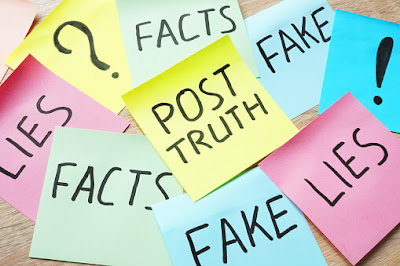My Digital Footprint
In today's blog, I will be discussing my online presence in social media.
I remember when I was in the 6th grade and all my friends started to get phones. Apps like Snapchat and Instagram were fresh and new corresponding to the new iPhone releases, it was THE THING. I was the last of my friends to get a phone and almost instantly after getting it, there was like this overwhelming wave of peer pressure to download Snapchat and Instagram, of course, I gave in. I cringe just thinking of when I was trying to choose my usernames and what I wanted my page to look like on Instagram (ew). It's crazy to think that at the ages of 10 and 11 years old, kids (like my peers and I) had set up an online presence for themselves for the world to see. Today, I still use the same accounts I made back in 6th grade with Snapchat and Instagram. My original posts from when I was 11 years old are completely removed and I essentially "started my account over" without deleting it. My online footprint expands into Snapchat, Instagram, and Pinterest but that's about it. I was never a fan of Twitter and I do not own FaceBook.
It's interesting to me how vast the content of Instagram can be- cooking accounts, celebrity accounts, news crews, pretty much anything you can think of is on Instagram, just search it. On my Instagram, my content consists of pictures with friends, my horse, fun trips, and even memories from High Point University. I have a "private account" so that I can control who sees my content (I have to approve individuals in order for them to see my page). It's kind of strange to me though because although someone might have a private account, you can easily type a first and last name into the search bar and boom! There's the person you were looking for. I've noticed it has been super easy to find people on Instagram because of High Point University, people will put "HPU" in their bio or you might share a friend that links you to various other people, it's a huge perpetual cycle. Without even following me, an individual could glance at my bio and gather that 1) I am a sophomore at High Point University 2) I am an equestrian, and 3) which high school I went to. It's pretty weird thinking about my own profile in the shoes of other people who don't know me. What I considered “vague” or basic information could actually be used to discover much more about me even if the person doesn't follow me or have any relation to me.
Voluntarily, for security purposes, I have given Snapchat and Instagram my cell phone number and email in the event I forgot a password or needed to be alerted that my account was at risk of a breach (which has happened before and the alert was helpful). As far as providing my personal address, I avoid at all costs. It's weird because I'm sure if a big company like Instagram wanted to find my location it wouldn't be too difficult given just the three simple pieces of information I put in my bio. How comforting!
I have in fact created a "fake" Gmail account to send spam emails from clothing companies or other purchases so that it would be more removed from my personal information especially if I was ordering from a website I didn't normally use. It comes in handy when signing up for subscriptions or things you generally don't need to see every day.
So, I Googled myself and I was actually really surprised. There were many links with my high school track and field records, information about my time at my high school, pictures of my high school graduation, info about an award I won at my high school in a Twitter post, horseshow pictures, and even some articles I've written for High Point University's newspaper. WOW. I had no clue I had such a digital footprint on google. So even though I personally didn't post a lot of what I found on my Google search of myself, I was posted into the content of another individual's post. I guess not so private after all!
I have thankfully never posted anything of political charge, racism, or use of drugs or alcohol. However, I am no saint when it comes to cursing! Admittedly, I have posted a few bad words before to my main Instagram and Snapchat accounts (sorry mom). Honestly, I am pretty happy with the content that I have on Instagram and at this point and time in my life, I don't think there's anything I would want to edit or delete. The whole purpose of Instagram for me is to post pictures so I can remember the good memories I made during a certain time. I look at it as a platform to use to look back at how I've matured over time and the accomplishments I've made. I also would feel comfortable if a possible job looked at a Google search of myself, and I hope I always feel that way! I post things that I know are personal but appropriate to all audiences. I might have a private account but that doesn't mean someone can't screenshot and send my content to someone else. Always think before you post!!!!




